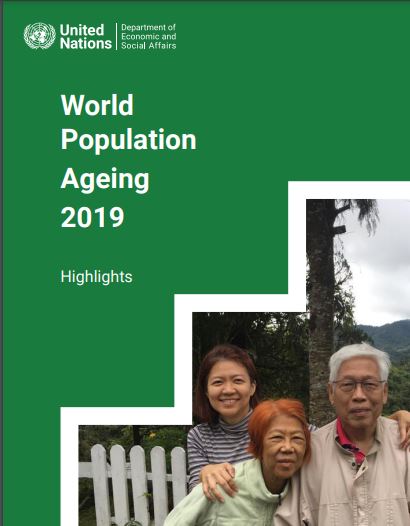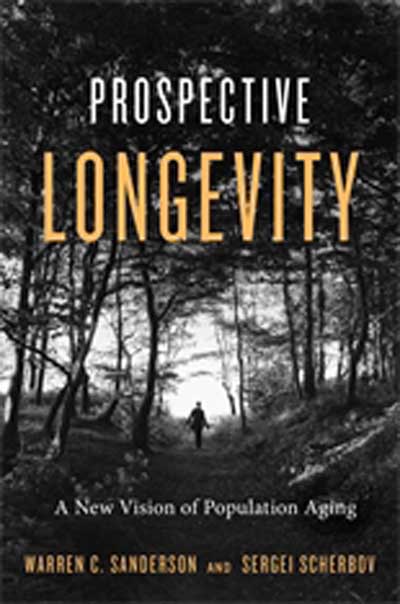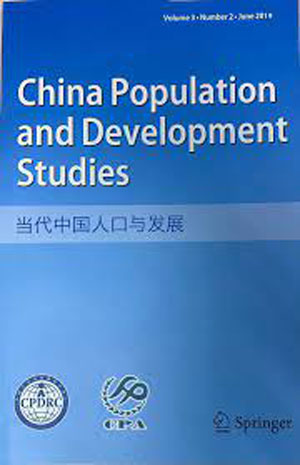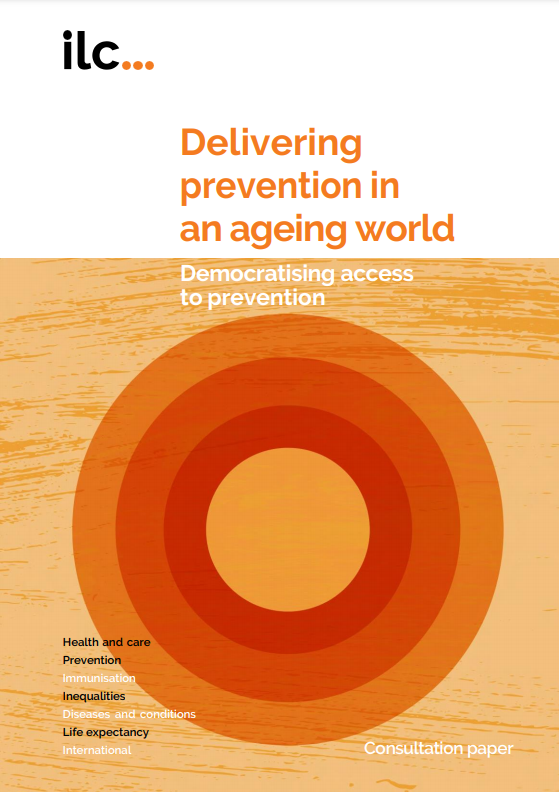The Economics of Ageing and the Political Economy of Old Age
By William A. Jackson Economic discussion of ageing has been largely neoclassical in approach. Ageing has become a specialism within population economics, which is itself a specialism within the neoclassical mainstream. An alternative view has come from authors in sociology and social policy, who have produced their own 'political economy of old age'. In contrast with neoclassical individualism, sociological depictions of aging have stressed the social construction of old age and the structured dependency of the elderly. Non-neoclassical economists have...










